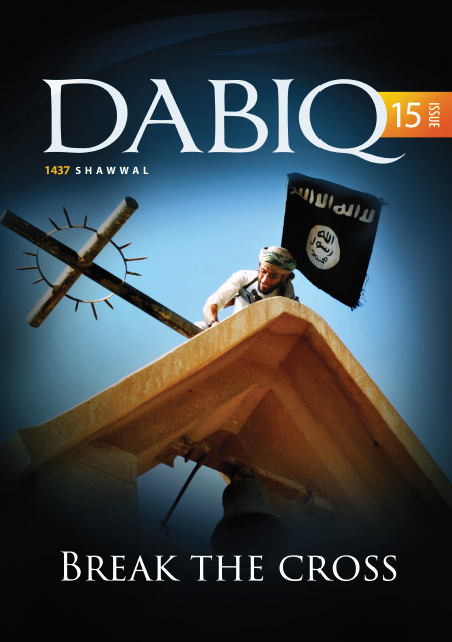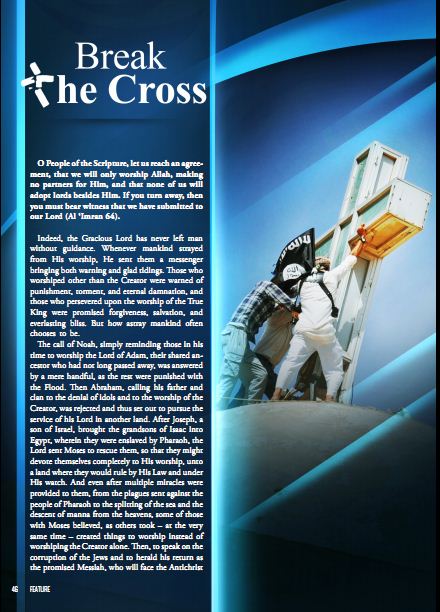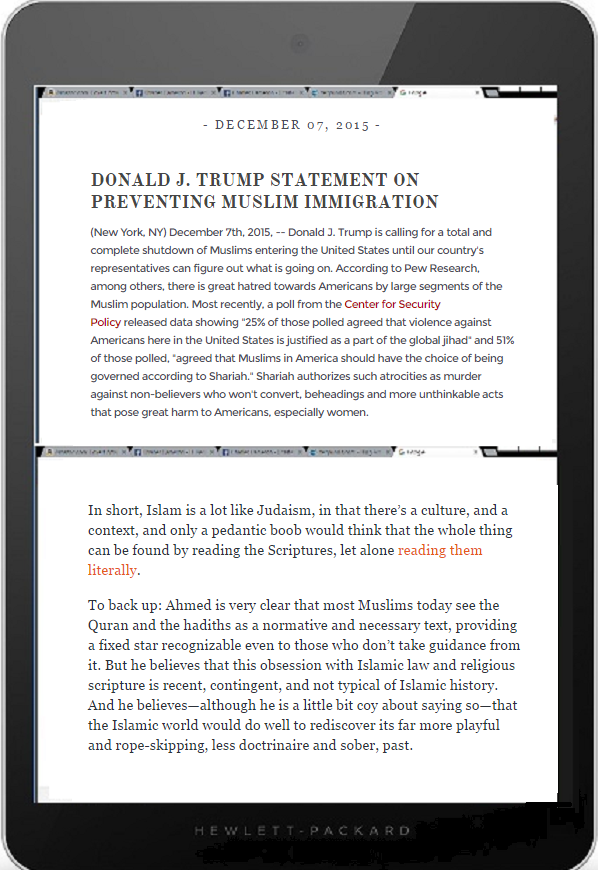[ by Charles Cameron — the emotional impact of faith, from a nun present at the Normandy attack to a failed suicide bomber in Syria ]
.
According to this IB Times article, Tragic last words of Catholic priest killed by Isis terrorists revealed, Sister Helene Decaux, one of the nuns who was present at the killing of Fr Jacques Hamel, reported his last words thus:
Jacques shouted at them, ‘Stop! What are you doing?’ It was then that one of them struck the first blow to his throat.
What caught my attention more forcefully, however, was the following:
Fearing for her life, she added: “Thinking I was going to die, I offered my life to God.” The nun then described how Petitjean and Kermiche had at first been aggressive, but quietened down after they had cut Jacques’ throat. Showing remarkable calm, Helene asked the two terrorists if she could sit down. “I asked for my cane, he gave it to me,” she said. One of the attackers asked: “Are you afraid to die?” To which the nun replied no. “I believe in God, and I know I will be happy,” Helene said. Sister Huguette Peron, who was also in the church, told Catholic newspaper La Vie: “I got a smile from the second (man). Not a smile of triumph, but a soft smile, that of someone who is happy.”
Not only is Sister Helene happy in the face of death because she believes in death, but Sister Huguette reports that one of the attackers gave her a smile, “Not a smile of triumph, but a soft smile, that of someone who is happy.”
**
Compare those two descriptions of people who are happy with this, from Murtaza Hussain‘s Intercept piece, New Documentary Pierces the Psychology of Modern Suicide Bombers:
In a scene from Norwegian journalist Paul Refsdal’s new documentary Dugma: The Button, Abu Qaswara, a would-be suicide bomber, describes the sense of exhilaration he felt during an aborted suicide attack against a Syrian army checkpoint. “These were the happiest [moments] I’ve had in 32 years. If anyone had felt exactly what I felt at that moment, Muslims would want to go through the same feeling and non-Muslims would convert just to experience it,” he enthuses to the camera, visibly elated by his attempted self-immolation.
Abu Qaswara’s attack failed after his vehicle was blocked by obstacles on the road placed by the Syrian military. But speaking shortly after he returned from his mission, it was clear that his brush with death had filled him with euphoria. “It was a feeling more than you can imagine,” he says. “Something I cannot describe, it cannot be described.”
My primary purpose in recording these instances of happiness is to emphasize how strongly religious faith exerts what to the modern secular mind must be an unexpected and perhaps even unimaginable emotional impact on those who possess it. And even if the Normandy attacker’s ‘soft smile” had more to do with a blood lust slaked, the same cannot be said either for Sister Helene or for Abu Qaswara.
If we are to understand the motivations of suicide bombers and other jihadists, comprehending not just intellectually but viscerally the emotions involved will be a task of some importance — and one for which many of our analysts will not be prepared.
**
There’s a second point to be made, however. Hussain goes on to write:
Only the few Syrians who appear in the film speak at length about their grievances over the crimes of the Syrian government. In contrast, the foreign volunteers appear largely driven by personal motivations. Liberating the local people from oppression appears at best a secondary concern. Perishing in the conflict and reaping the existential rewards of such an end takes precedence. Both Abu Qaswara and Abu Basir gave up comfortable lives to come to Syria, knowing that certain death would be the outcome of that decision. But rather than deterring them, the prospect of a rewarding death was a primary factor motivating their decision to fight.
That para sets the scene for the following one, in which Mustafa Hamid, as reported in his book with Leah Farrall, notes how contrary this motivation is to the practical pursuit of victory:
This impulse toward self-destruction is actually seen as selfish by some fellow insurgents. In his co-authored 2014 memoir The Arabs at War in Afghanistan, Mustafa Hamid, a former high-ranking Egyptian volunteer with the Afghan mujahideen in the 1980s, described his own frustration with many of the later waves of volunteers arriving to that conflict. “One of the negatives that emerged from the jihad, and which continues to have severe consequences today, was the tendency for the youth to focus not on success and achieving victory and liberating Afghanistan, but on their desire for martyrdom and to enter paradise,” Hamid wrote. This overriding preoccupation with becoming a martyr meant that participation in the conflict, “became individual instead of for the benefit of the group or the country where the fight for liberation is taking place.”
That’s one of the more striking of Hamid’s observations in The Arabs at War in Afghanistan — itself an astonishing book, product of the collaboration between Hamid (aka Abu Walid al-Masri) the man who brought bin Laden‘s oath of allegiance to Mullah Omar, and Farrall, a respected scholar-analyst who was the Australian Federal Police al-Qaida subject matter specialist at the time of the Bali bombings.
It is an extraordinary book, and one I cannot recommend too highly.








